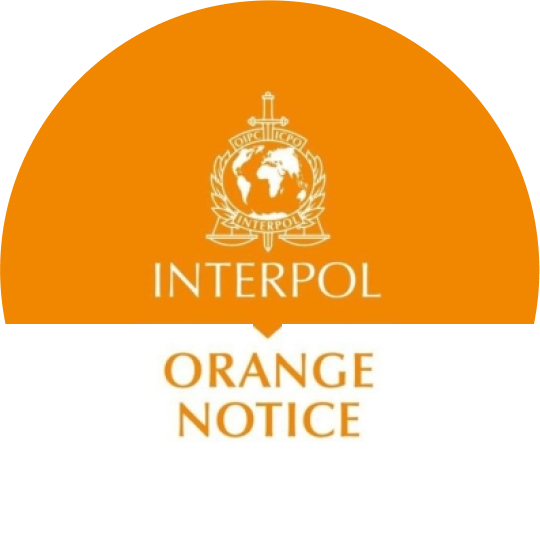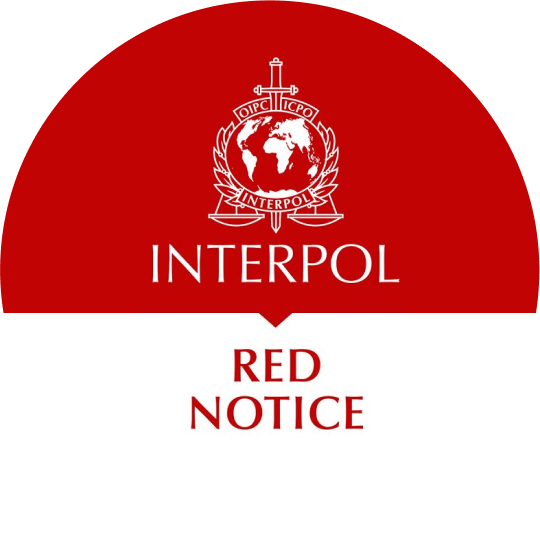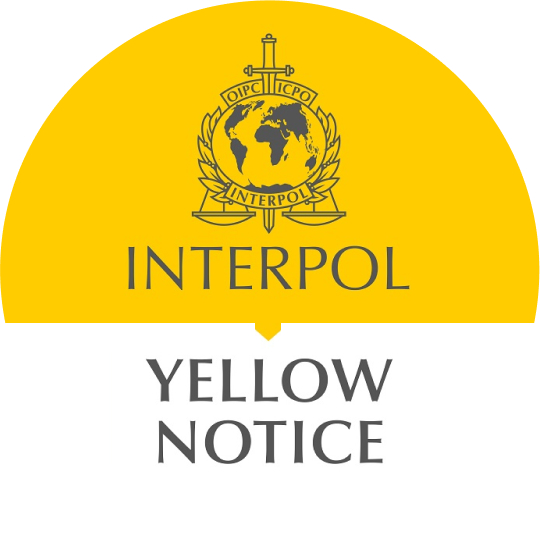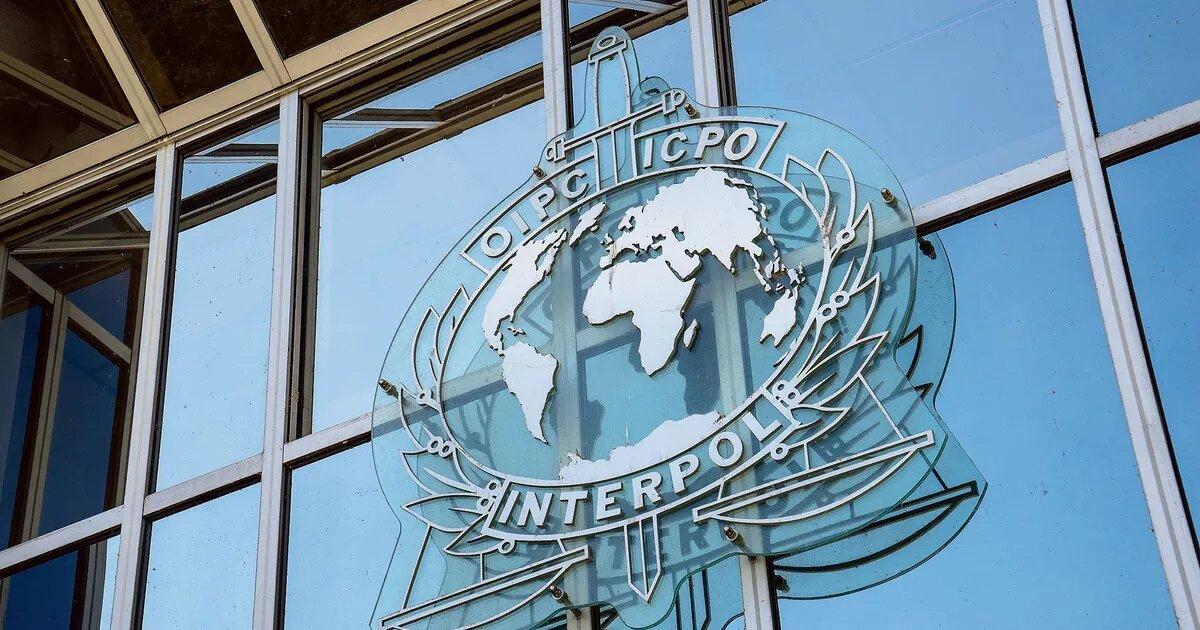There are cases when INTERPOL General secretariat (the IPGS) decides to block an Interpol Red Notice pending the final decision of the Commission for the control of INTERPOL’s files (the CCF or Commission) on the merits of the case, in other words – until the complaint asking for the data deletion from Interpol’s files is considered. Such blocking the data is called temporary (provisional) measures and legal implications of this are that Interpol member states will see the data regarding the person concerned in their Information System, and such a person can travel freely without a risk of being arrested. In other words – any Interpol notice or diffusion becomes “frozen” once temporary measures are applied. The General Secretariat is also entitled to apply corrective measures to ensure compliance of data with the rules (e.g., correction of processing errors, supervision by the General Secretariat of processing operations carried out by an National central bureau of Interpol (NCB), suspension of access and processing rights, etc. – Art. 131, INTERPOL’s Rules on the Processing of Data (RPD), and is empowered to ask an NCB to apply corrective measures to a national entity or terminate access of the national entity to the system if that entity repeatedly has processed data in non-compliance manner (Art. 123(4), RPD).
However, INTERPOL’s rules do not clearly establish in what specific cases the temporary measures can be taken. The IPSG never explains in its decisions the reasons or rational for the temporary measures to have been applied in a specific case. Those grounds are partially mentioned in Interpol instructions about Processing of requests by the CCF.
The CCF may apply temporary or provisional measures on the basis of Article 37 of the Statute of the Commission in the following cases:
- where an applicant’s extradition is clearly imminent,
- where the applicant is in detention due to the data held in INTERPOL’s files, or
- where the applicant has been issued a protective status.
However, even in these situations, the CCF may deem that it needs to conduct further checks prior to taking provisional measures.
Meantime, we handled many cases in our experience which demonstrate other reasons to apply these measures.
A recent instance worth mentioning involves the removal of a Red Notice, which wasn’t employed for lawful objectives upon its initiation. This indicates that the country providing the data (associated with the Red Notice) did not initiate any bilateral collaboration with the country where the individual under the notice was detected and identified.
In order to ensure that such issues can be promptly handled and provisional measures are applied, the Commission may also delegate powers to one or several members (Chairperson, Rapporteur) to take decisions in between sessions, in application of Article 17 of its Statute and Rule 19 (3) of its Operating Rules.
According to the official statistics of the CCF for 2021, out of 478 deletion requests, temporary blocking measures were taken in 311 cases. This is a fairly high rate, which indicates that most cases raise concerns about compliance with INTERPOL’s relevant data processing rules even before a final decision on the complaints is made.
In any case, the application of temporary measures by the IPSG does not mean that the case will be successfully decided by the CCF and the data regarding the person concerned will be deleted in the end. However, application of provisional measures significantly facilitates the legal struggle, as any repercussions related to Interpol’s Red Notice or Diffusion (such as arrest and extradition) are hindered while the deletion request is being considered by the CCF.







































